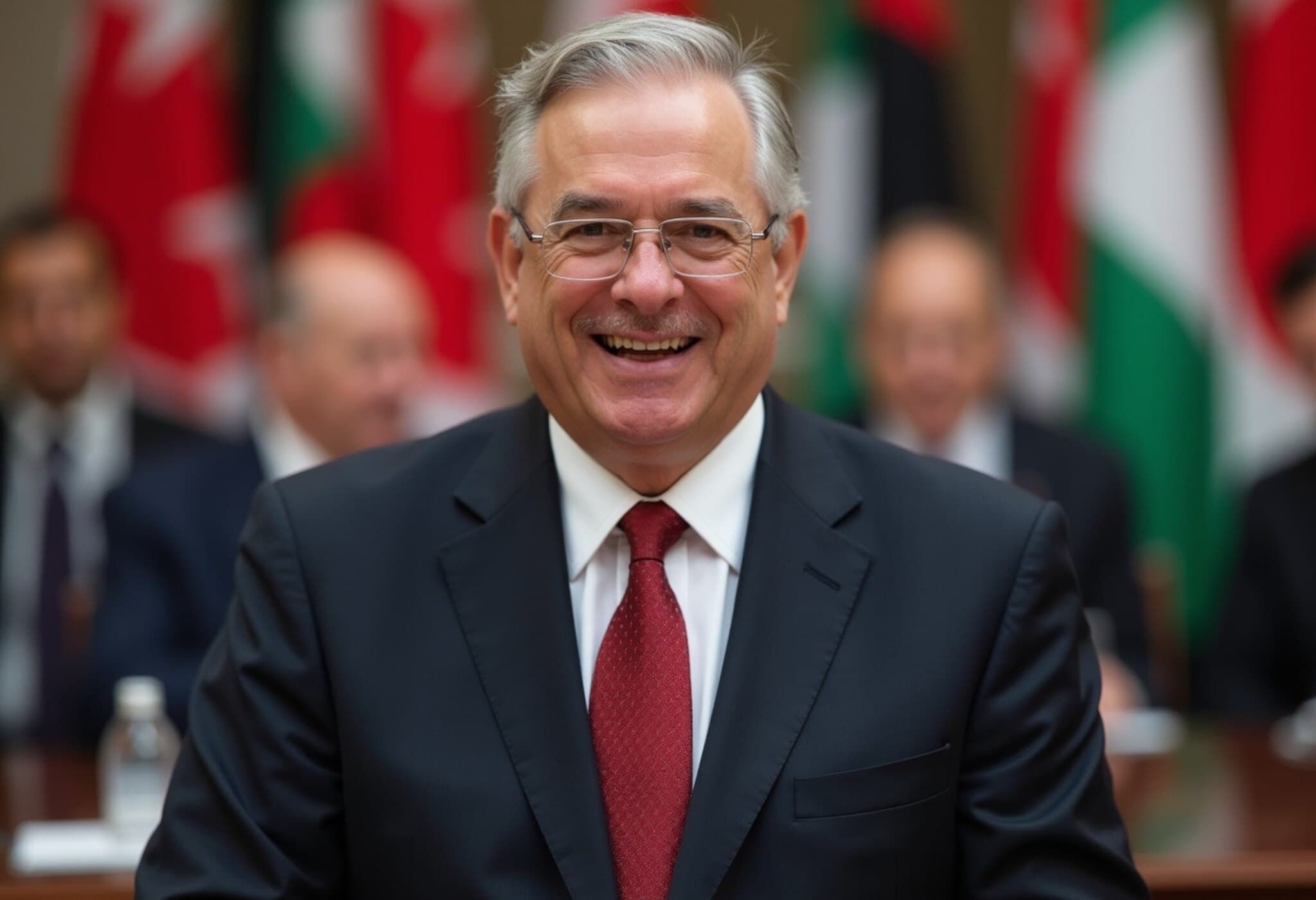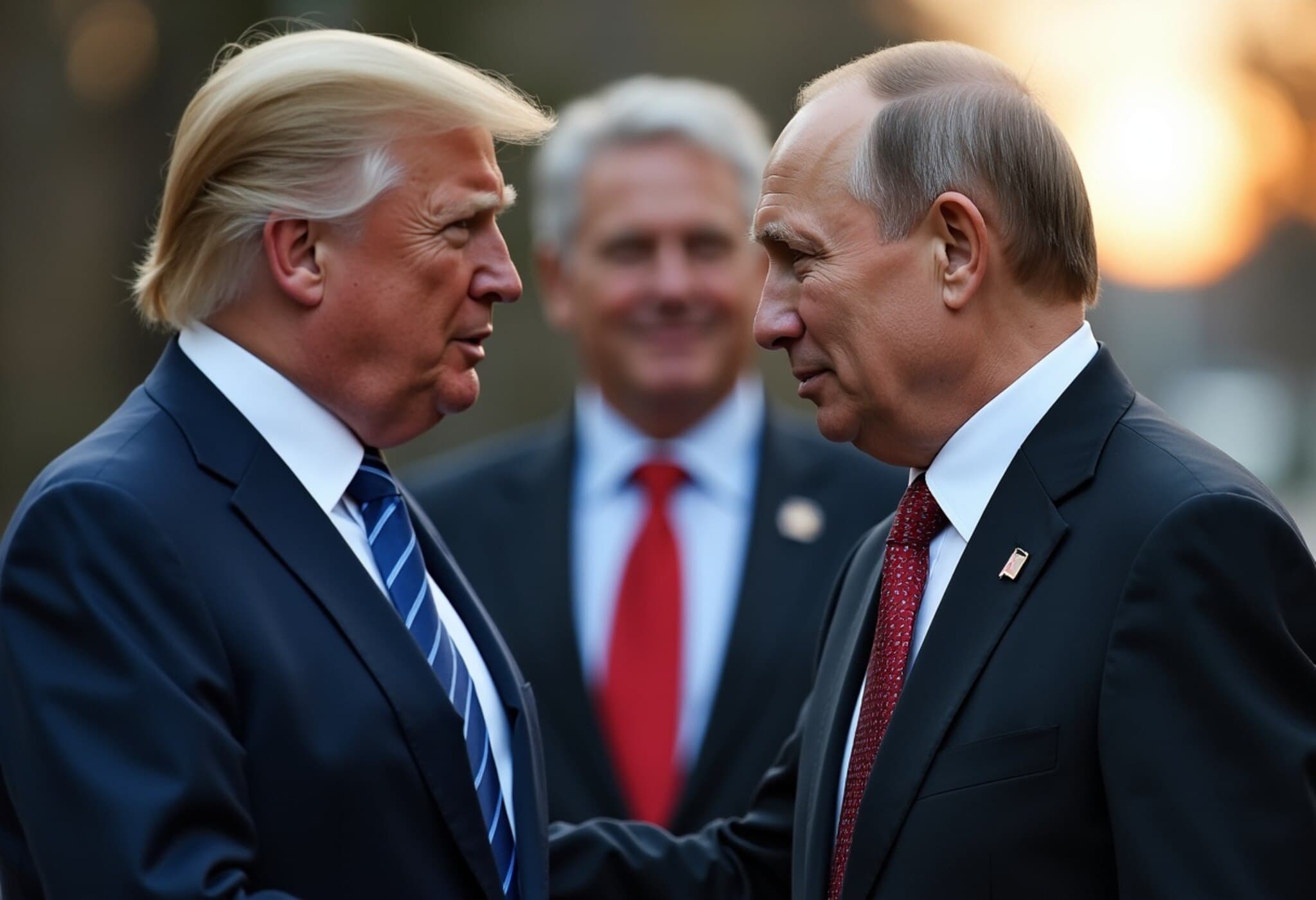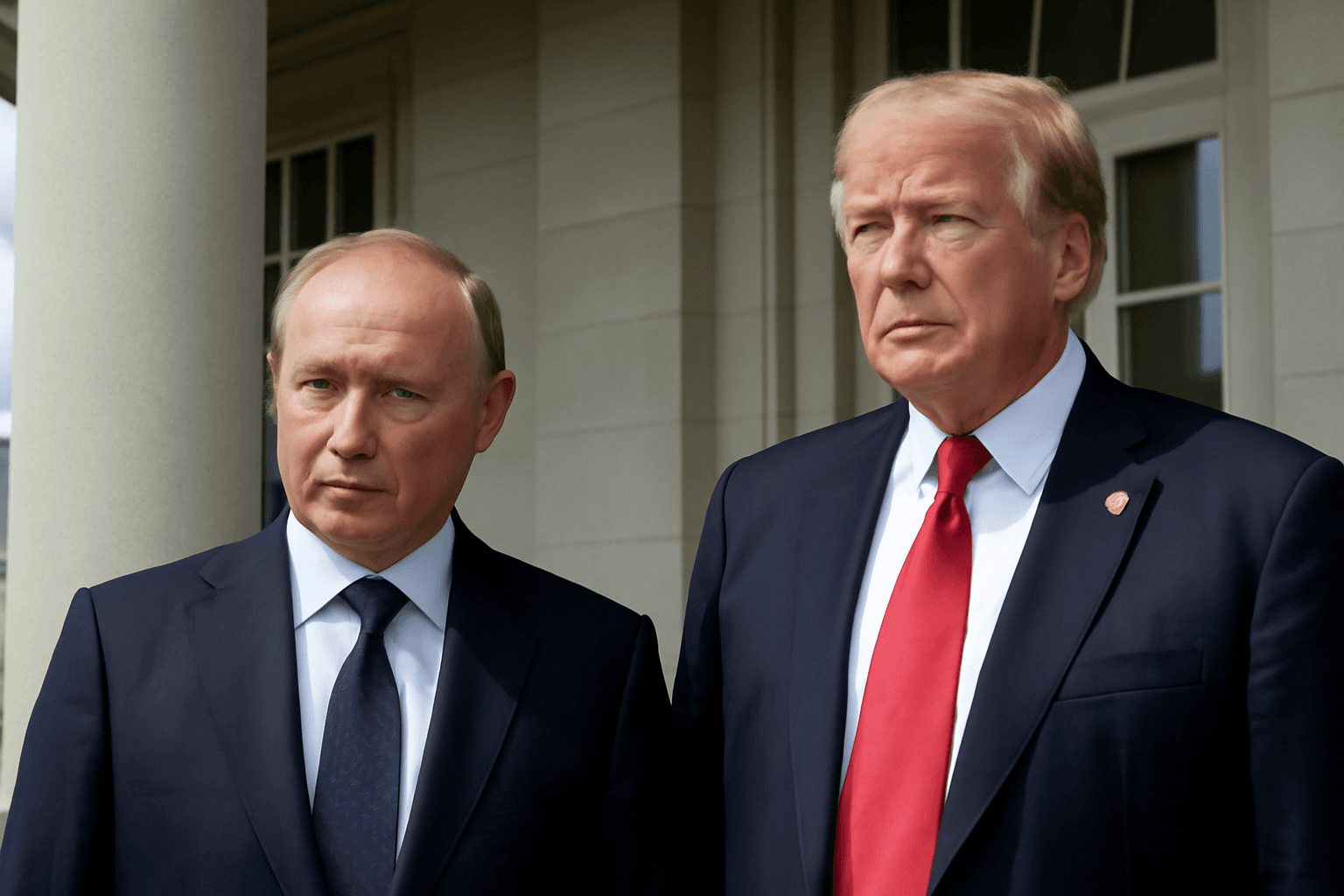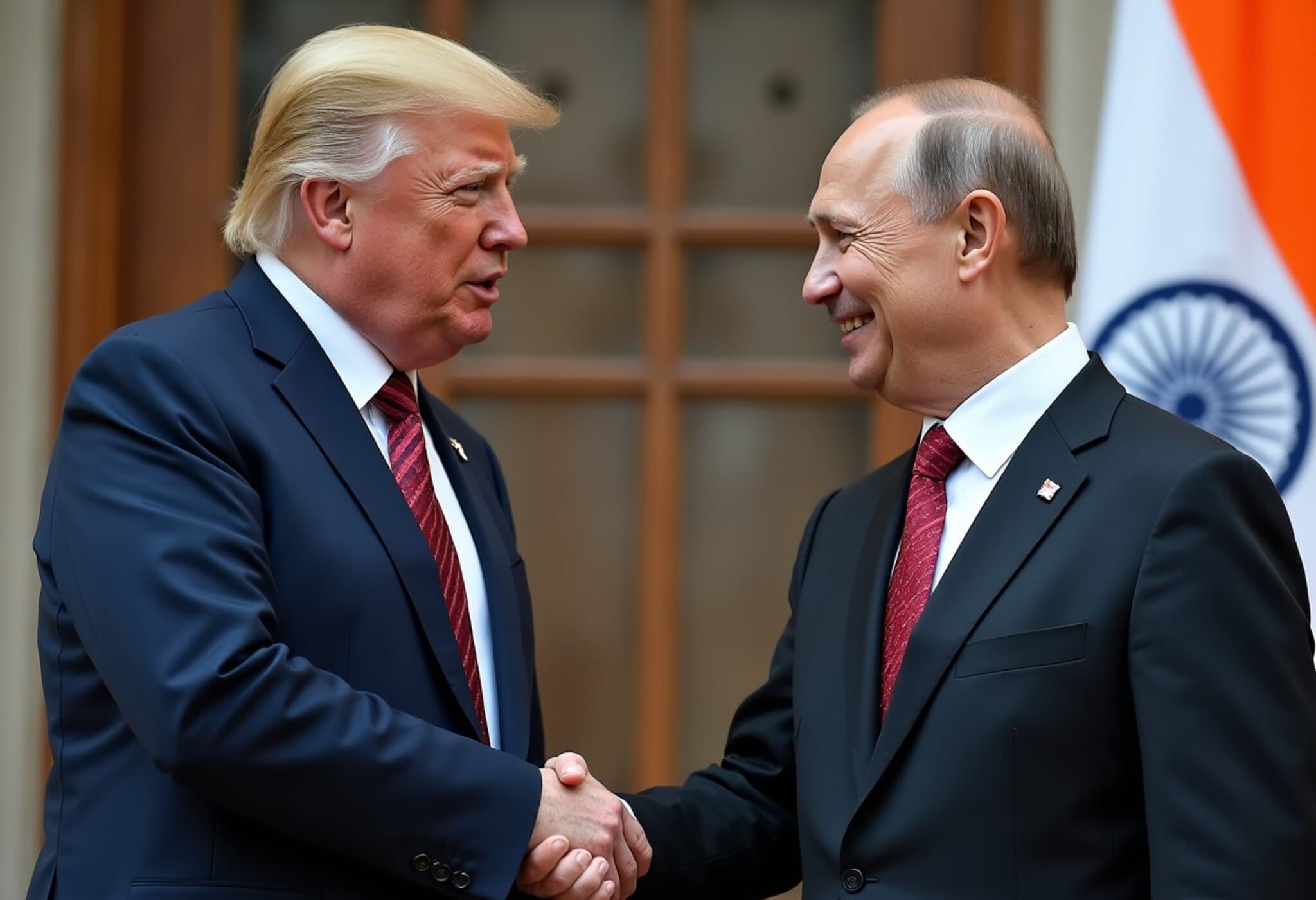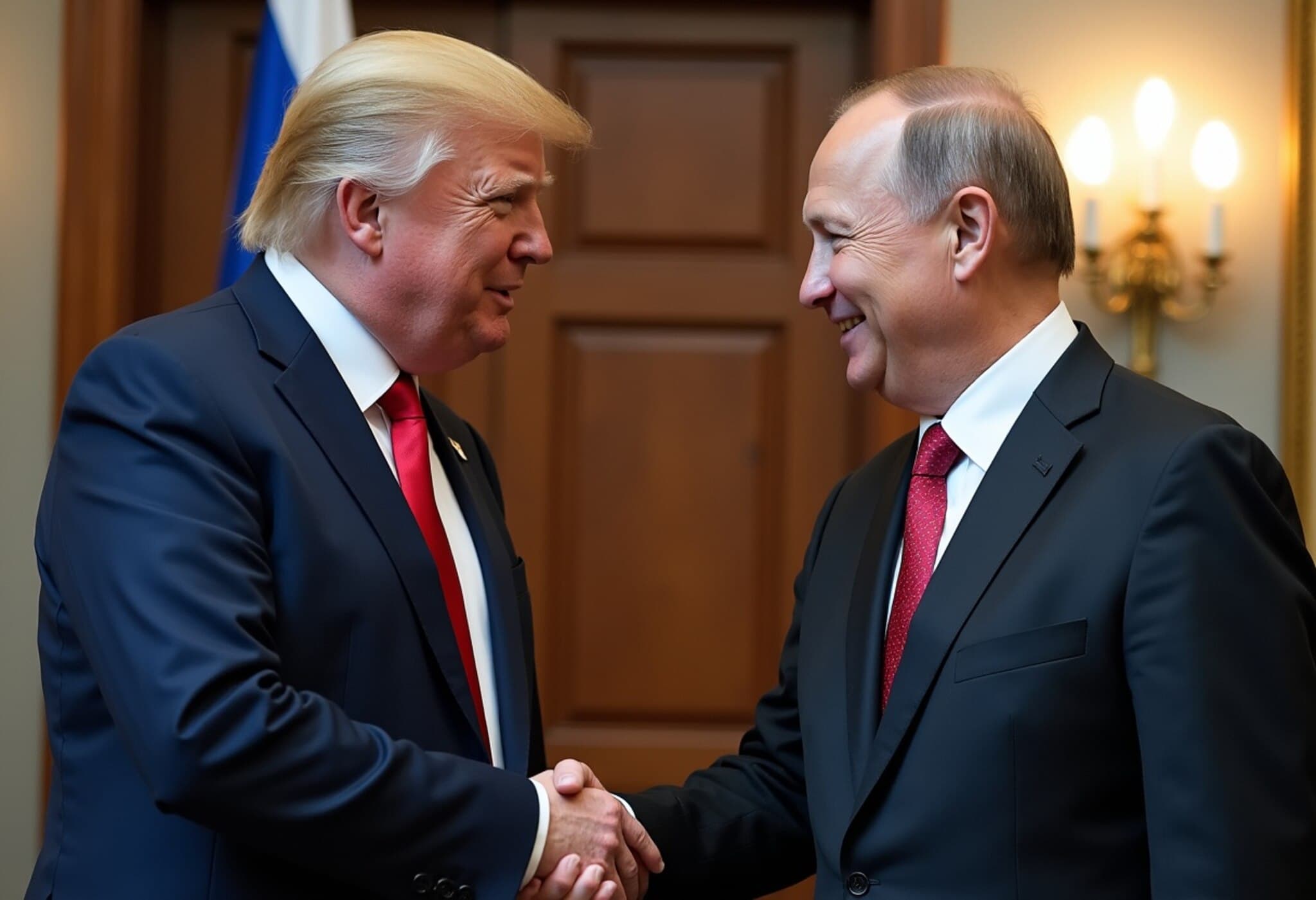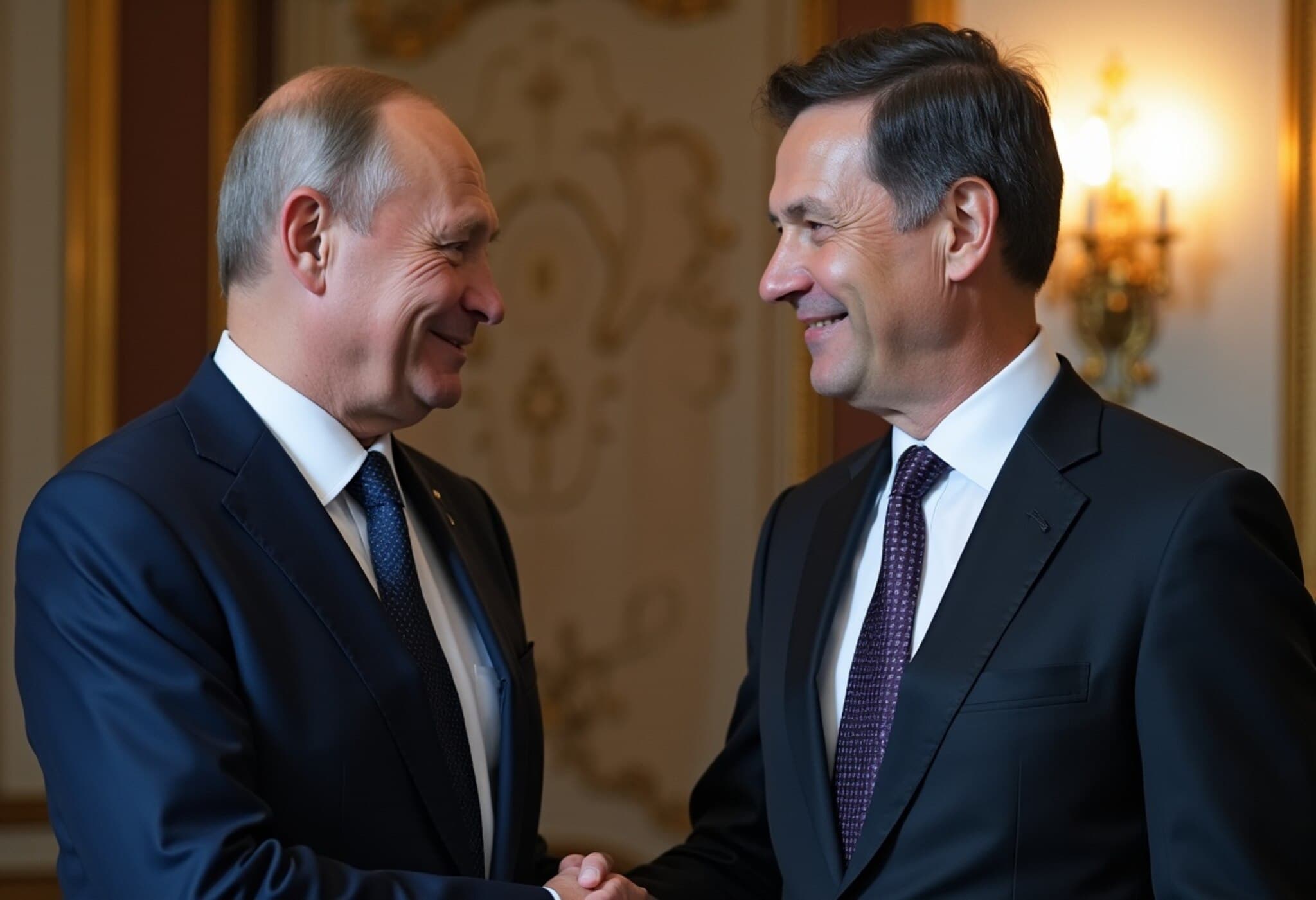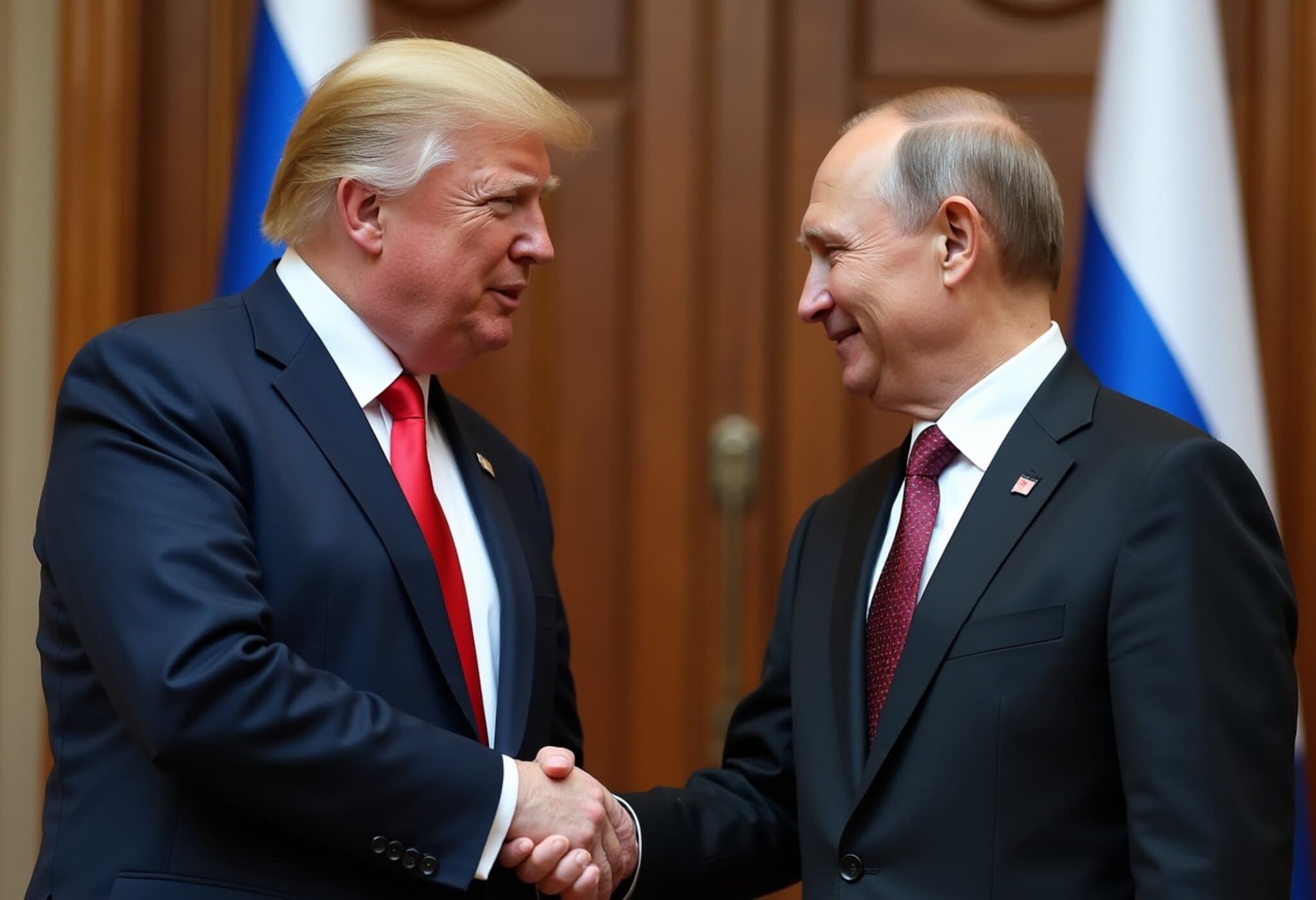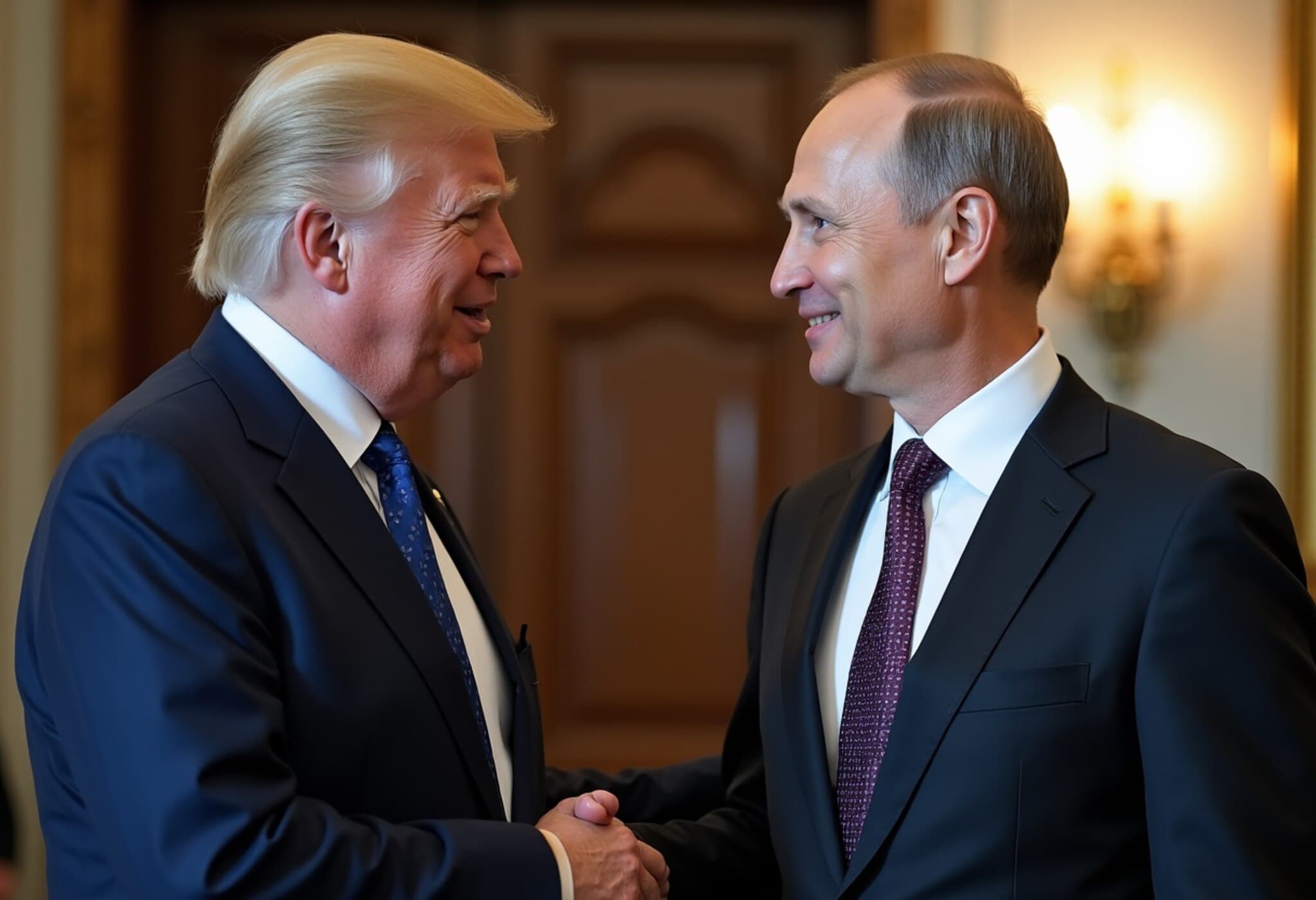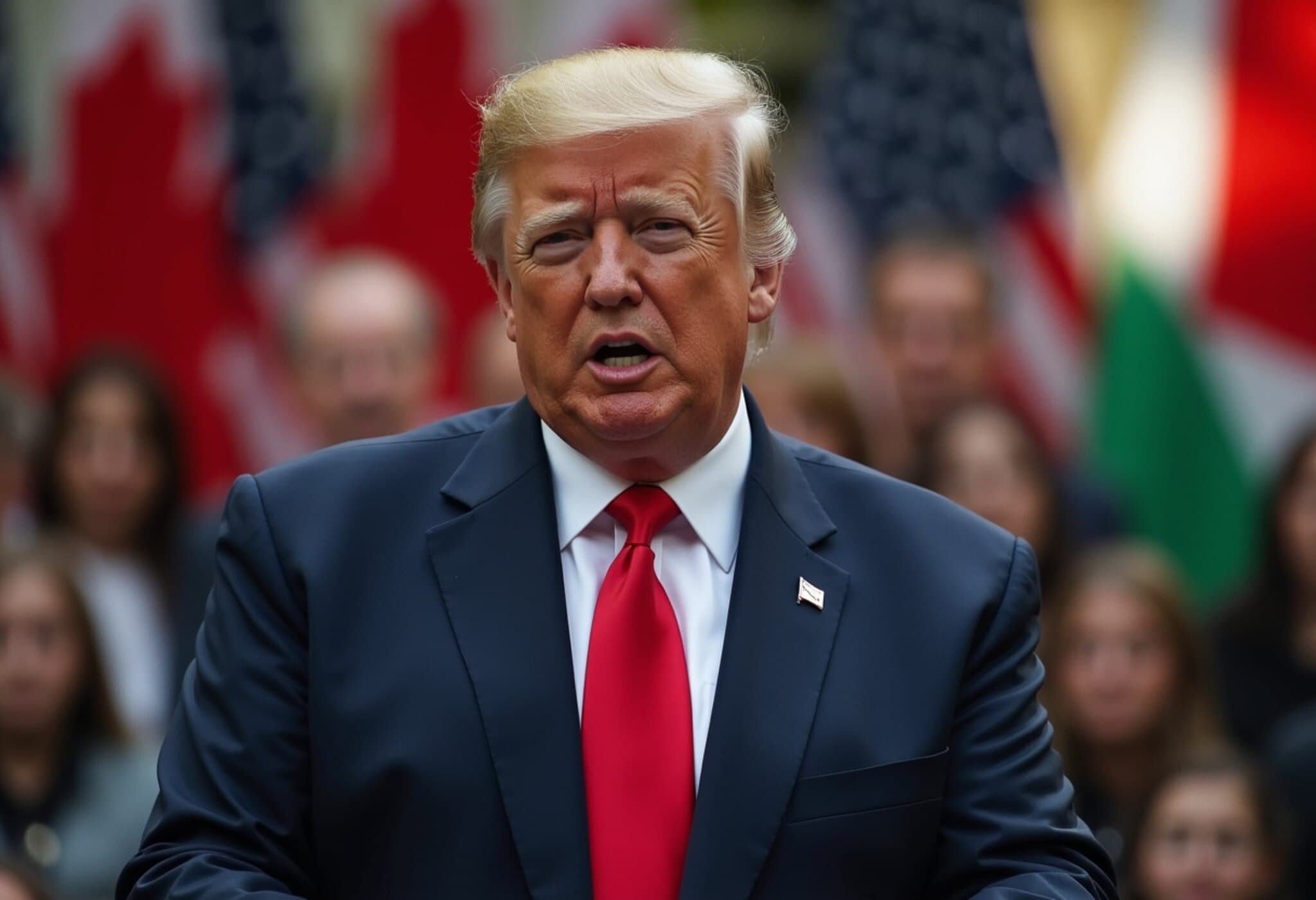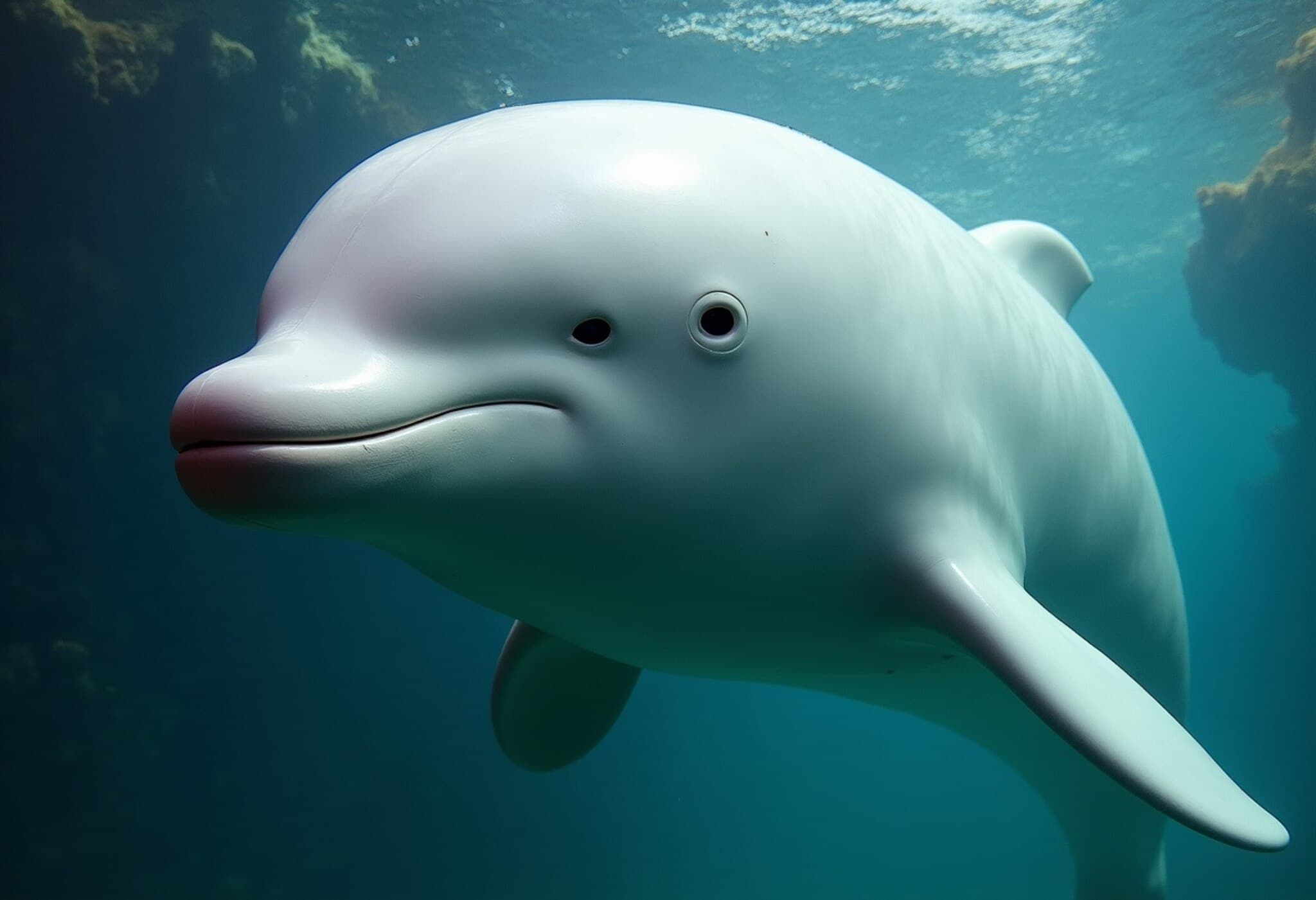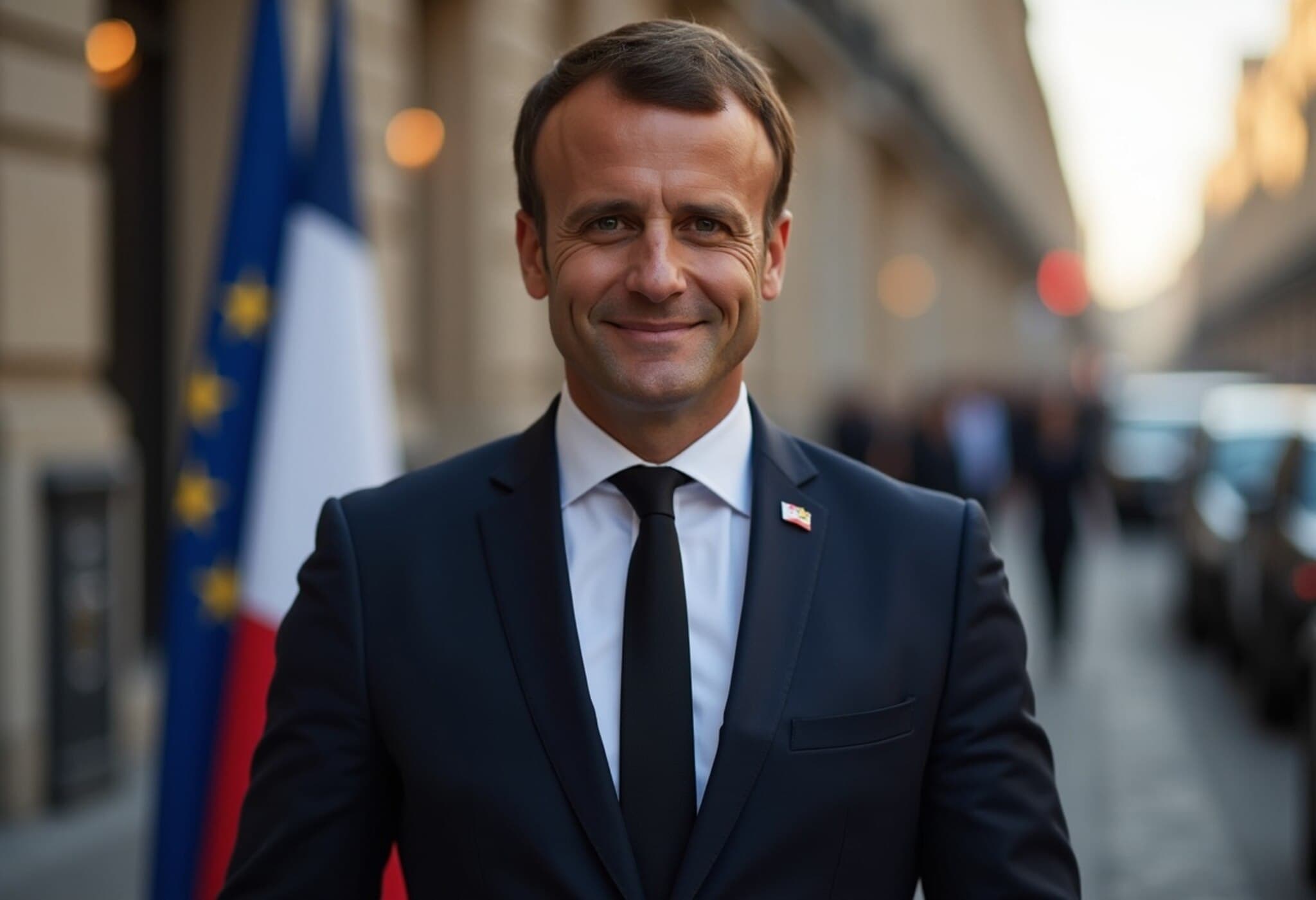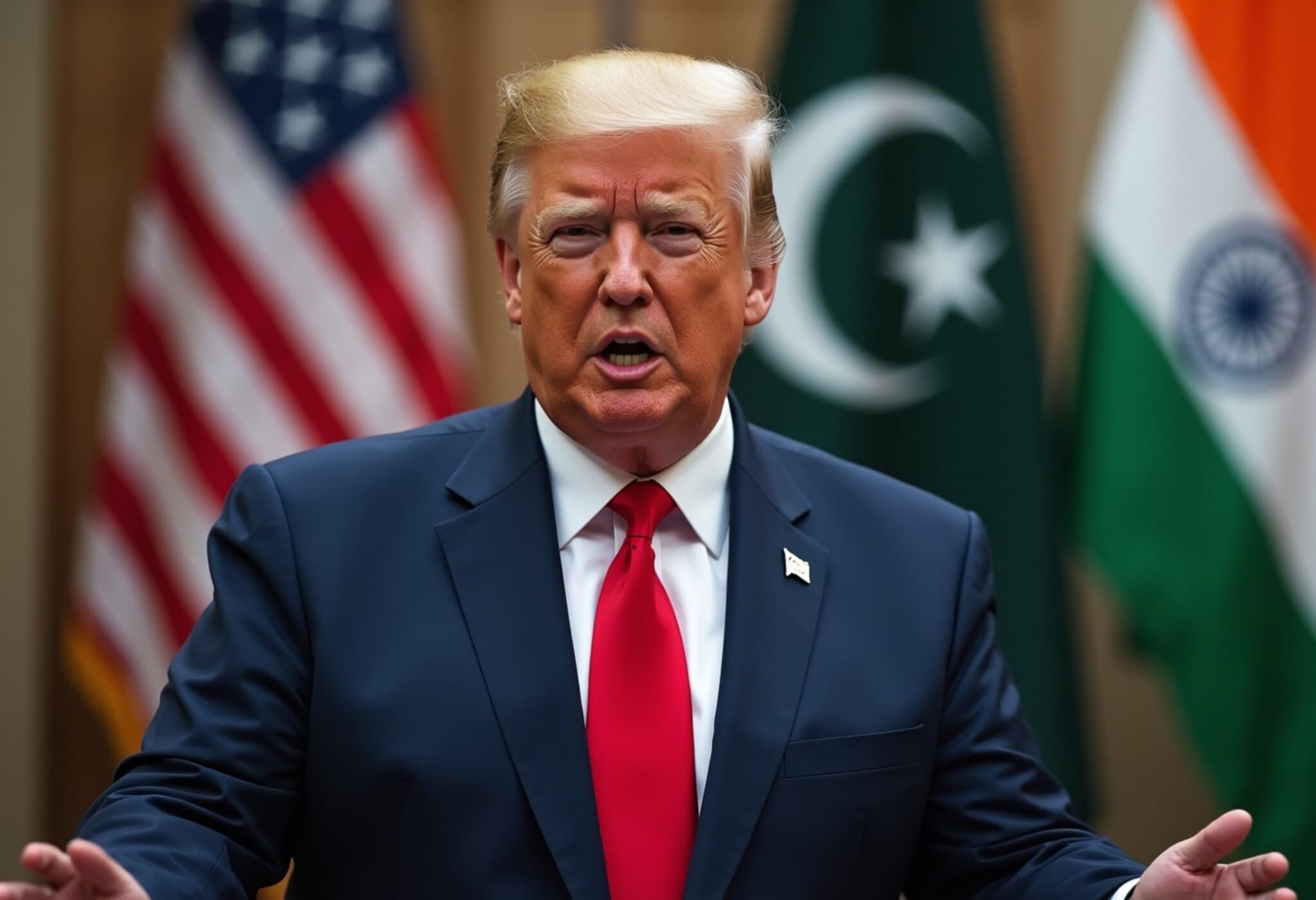Canada Joins Global Momentum Toward Recognizing Palestine
In a significant foreign policy development, Canadian Prime Minister Mark Carney announced that Canada plans to formally recognize the State of Palestine during the upcoming United Nations General Assembly session in September 2025. This move signals Canada's growing alignment with an expanding international coalition—including the United Kingdom, France, New Zealand, and Australia—that is advocating for Palestinian statehood recognition.
Context: A Rising Diplomatic Wave Backed by Western Democracies
The announcement follows a recent statement spearheaded by French Foreign Minister Jean-Noël Barrot, where several countries expressed willingness or were already considering formally recognizing Palestine. Nations like Iceland, Ireland, Malta, Norway, Slovenia, and Spain have already extended recognition, while others—among them Canada, Australia, and New Zealand—are evaluating next steps.
French President Emmanuel Macron also underscored France's intention to recognize Palestine "in the near future," amplifying the diplomatic momentum that challenges the long-standing geopolitical status quo in the Middle East.
Canada’s Conditional Approach to Recognition
While the announcement heralds a shift, Prime Minister Carney emphasized that Canada’s recognition would come with important caveats. Speaking after a virtual cabinet meeting focused on Middle East tensions, Carney clarified that recognition is contingent on the Palestinian Authority meeting stringent democratic and security standards:
- Holding free and fair elections scheduled for 2026
- Excluding Hamas from participation due to its designation as a terrorist organization
- Committing to comprehensive governance reforms
- Ensuring Hamas releases all hostages and disarms completely, playing no role in future Palestinian governance
This measured approach reflects Canada's balancing act between supporting Palestinian self-determination and maintaining security assurances in a volatile region.
Israeli Opposition and the Broader Geopolitical Stakes
The announcement drew swift rebuke from Israel’s ambassador to Canada, Iddo Moed, who denounced the move as part of a "distorted campaign of international pressure." Moed warned against enabling what he described as "a jihadist state" that threatens Israel’s existence, referencing Hamas’s control of Gaza since 2007 and its ongoing hostilities.
These tensions resonate against the backdrop of the ongoing crisis stemming from the October 2023 Hamas attack, which tragically claimed approximately 1,200 Israeli lives and led to the taking of more than 250 hostages. The Israeli military's subsequent offensive in Gaza has caused widespread devastation, with Gaza’s Hamas-run health ministry estimating over 60,000 deaths amid the conflict. This humanitarian disaster has intensified international calls for ceasefire and renewed peace talks.
Positions of Other Western Powers
Following Canada’s announcement, UK Prime Minister Keir Starmer declared that Britain might recognize Palestine unless Israel implements "substantive steps" toward ending the Gaza crisis, agreeing to a ceasefire, and reviving a two-state solution framework. This marks a significant rhetorical shift for the UK, echoing wider European pressures.
Meanwhile, in the United States, President Donald Trump initially displayed neutrality, stating a focus on immediate humanitarian needs. However, he later criticized the prospect of recognition from Air Force One, cautioning it might unintentionally "reward Hamas." This highlights enduring divisions within U.S. foreign policy toward the Israeli-Palestinian conflict.
Australian Prime Minister Anthony Albanese indicated his government’s deliberation on the timing of recognition, framing it as a potential diplomatic lever to restart stalled negotiations, reflecting similar cautious optimism.
Expert Insights: What This Means for North American and Global Diplomacy
Canada’s conditional recognition attempt reflects a broader regional trend where Western democracies are recalibrating their Middle East policies amid shifting geopolitical realities and growing domestic calls for justice-driven foreign policy. This also signals Canada’s desire to leverage UN platforms for constructive engagement rather than unilateral declarations, potentially influencing both Israeli-Palestinian peace efforts and North American diplomatic alignments.
However, challenges persist:
- The internal Palestinian divide—particularly the role of Hamas—remains a major obstacle to unified representation.
- Israel’s security concerns and its robust lobbying efforts continue to shape international responses.
- U.S. policy ambivalence introduces uncertainty about the durability of new diplomatic initiatives.
In this context, Canada’s approach could serve both as a moral stance and a strategic calculation, championing democratic norms while maintaining a pragmatic outlook on peace prospects.
What Comes Next?
The UN General Assembly in September will be a decisive moment, with Canada poised to join a swelling chorus urging international recognition of Palestinian statehood under clear conditions. Observers will watch closely how this influences peace negotiations, regional stability, and alliances within the Western bloc. The evolving stance of North American powers may well affect the broader Middle East peace calculus for years to come.
Editor's Note:
Canada’s conditional recognition of Palestine at the UN epitomizes the complex interplay between human rights advocacy and geopolitical pragmatism. As nations navigate historical grievances, security imperatives, and international law, critical questions endure: Can democratic reforms within Palestinian governance be realized amid entrenched divisions? Will international recognition bolster peace efforts or deepen conflict? And how will North America, especially the U.S. and Canada, reconcile their often divergent approaches to this enduring crisis?
These developments invite all observers to consider not just the diplomatic signals but the human lives at stake in this long-standing conflict.

